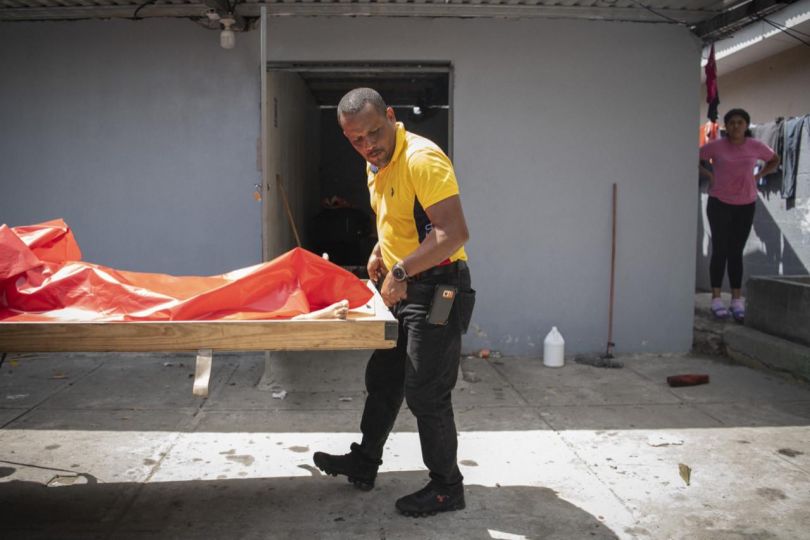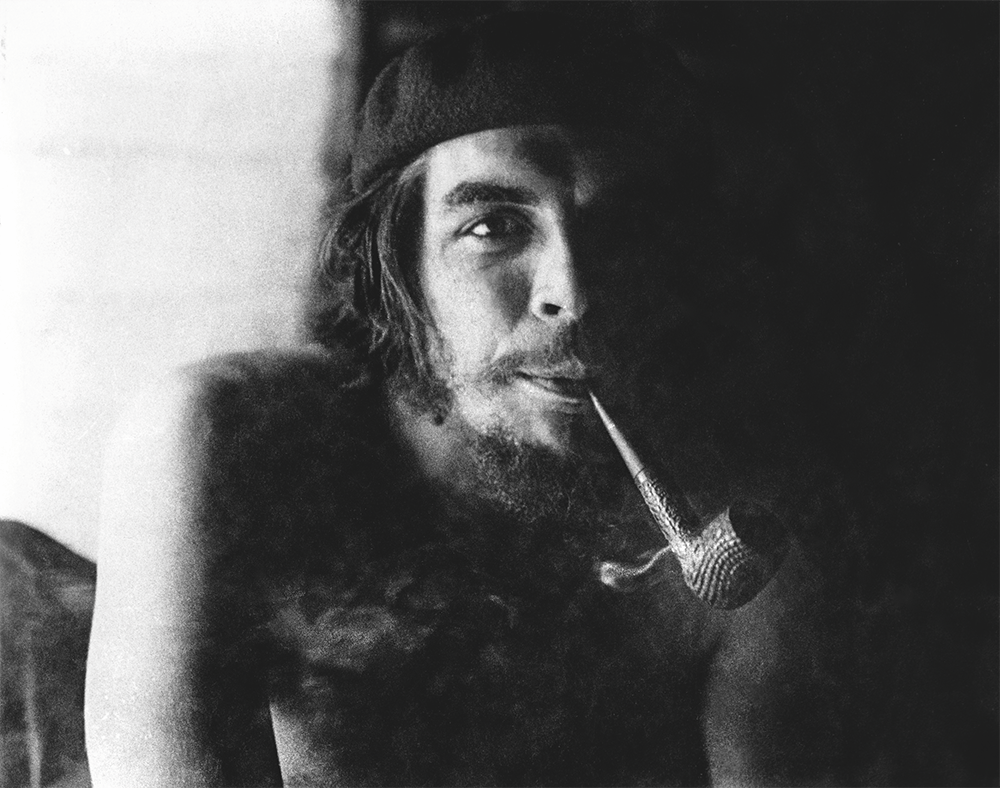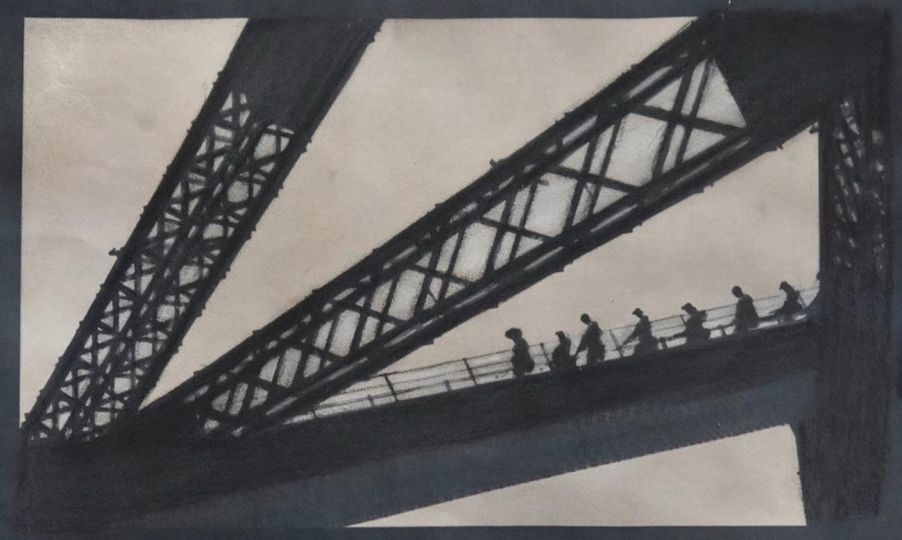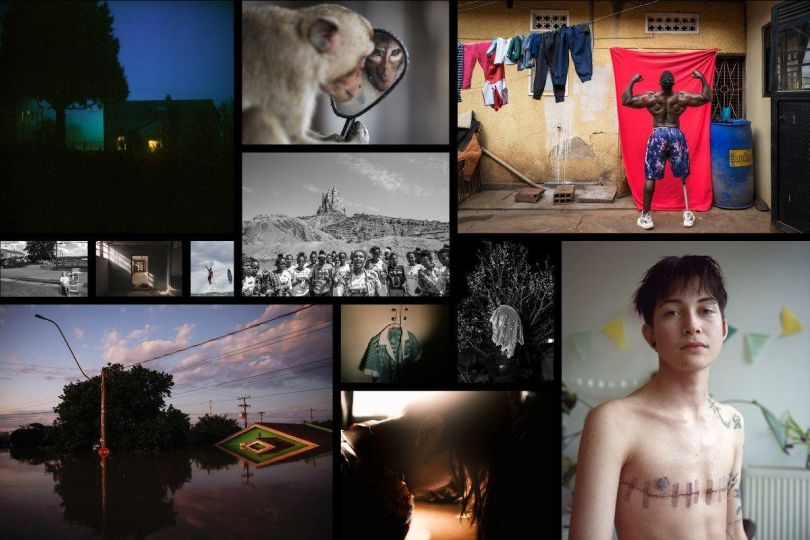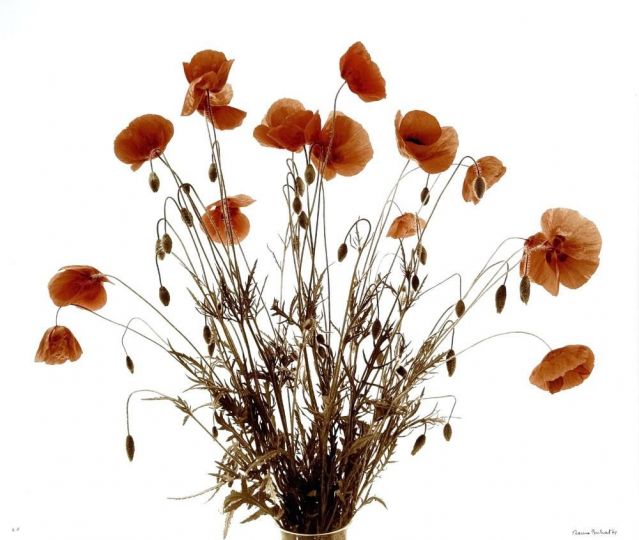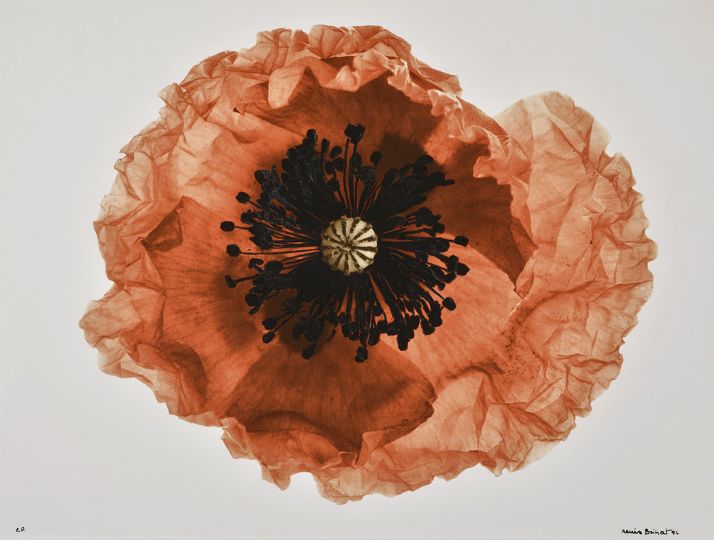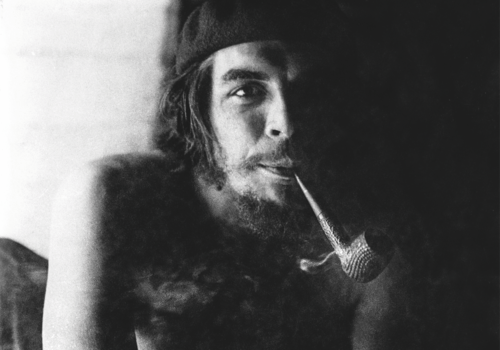Tears And Bullets
Violence seems to be a thread that runs through the fabric of our lives; In fact, it has always been present in different forms, in all societies and in all historical periods.
The propensity for violence is inherent in every human being, however it is up to the individual to decide whether or not to act on this impulse, which brings us to one of the oldest and most debated topics in psychology: the question of nature versus nurture.
Is violence caused by the genetic makeup of the aggressor or does the environment and certain conditions that trigger a person’s violence also influence?
We read in a note from the Norwegian Refugee Council that the violence experienced by the population of Honduras is similar to that experienced in war zones.
In 2022, former president Juan Orlando Hernández was extradited to the United States accused of drug trafficking and shortly thereafter his brother and the former police chief were also prosecuted; Prosecutors say Hernández turned the country into a “narco-state.”
Since this country has the second highest homicide rate in the world, with 63.75 homicides per 100,000 inhabitants and also has one of the highest incidences of firearm-related deaths, a state of emergency has been in effect since December 6, 2022 for strengthen the fight against crime.
However, all of these deaths cannot be attributed solely to gang or police shootings; In fact, Honduras is also waging a war against gender violence that prevails in the country, mainly due to a sexist and patriarchal culture and society.
The rates of sexual violence and feminicide are among the highest in the world: data reveal that in the last 20 years, from 2002 to 2022, a woman was killed every day in Honduras.
The inability of the authorities translates into a high level of impunity, above 94% for most crimes against women, and all this impunity contributes to “normalizing” gender violence.
The high unemployment rate, the high levels of domestic violence and the large number of premature pregnancies and mothers raising their children alone constitute the social incubator of the gang phenomenon and its violent escalation.
However, it would be simplistic and wrong to attribute all the responsibility for the violence in Honduras to the gangs, transforming them into scapegoats, and we must understand that behind the threshold of violence of which their members boast, there is an impermeable path that leads to the origin of the problem.
Natural families are often absent and we must not forget that for many children the gang makes up for this absence: it is the only environment in which they find solidarity and a sense of belonging and bond with a territory and this double path of ferocity and abandonment. They are two faces of the same medal.
People almost always become aggressive after having suffered violence and many times children who join a gang are a product of the environment in which they live and like every human being they learn to give to life what they receive from it.

